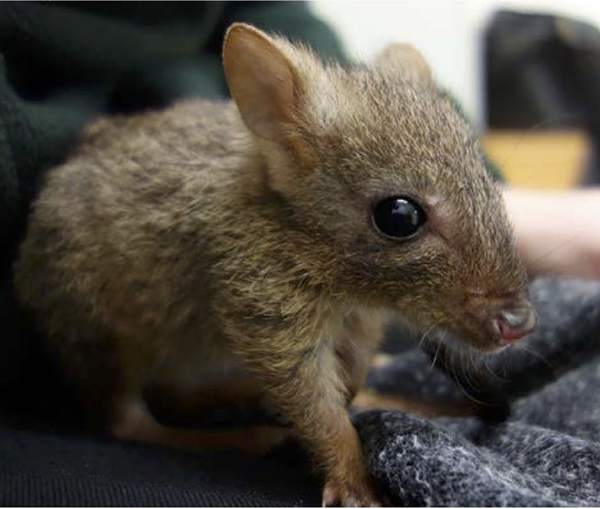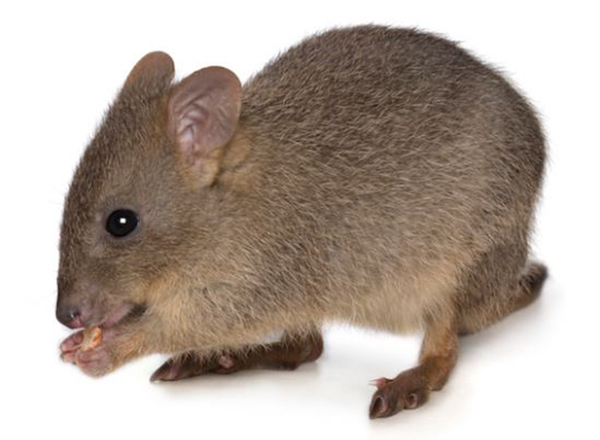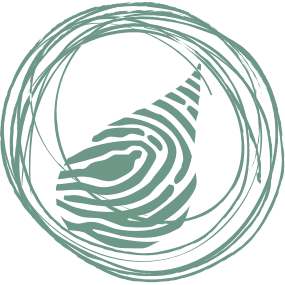This year Wheatbelt NRM’s Staff Social Club sponsored Noba the Woylie in support of Kanyana Wildlife’s woylie breeding program.
Kanyana Wildlife is a not-for-profit organisation dedicated to wildlife conservation in WA with a long history of caring for orphaned, injured and sick native wildlife.
Noba is a Brush-tailed Bettong (Bettongia penicillata ogilbyi) who was abandoned by his mother in the Dryandra Woodland in 2014. Kanyana Wildlife adopted and hand raised Noba and he now helps educate the public about the plight of woylies.

Noba’s name is derived from the Noongar language and means ‘young child’.
The woylie is listed as Endangered under the national Environment Protection and Biodiversity Conservation Act 1999 (EPBC Act), and as Critically Endangered under the state’s Wildlife Conservation Act 1950.
The woylie once occupied most of mainland Australia (except the tropics), but by the 1970s their distribution in the wild was reduced to only three locations in Australia – Perup forest near Boyup Brook, Tutanning Nature Reserve near Pingelly, and Dryandra Woodland near Narrogin. The main identified threats to woylies are predation by feral foxes and feral cats, habitat destruction and disease.
Tutanning Nature Reserve in the Wheatbelt is a small reserve of around 5,200 hectares, just 20 kms east of Pingelly. When woylie population numbers at Tutanning crashed by over 95% in 2009-2010, the Department of Environment and Conservation moved the remaining animals to Perth Zoo to create a breeding colony.
The offspring from the Tutanning colony are raised by their parents and taught to build nests and forage. Once they are independent they are caught, tagged and released into Perup Sanctuary where 420 hectares of forest is surrounded by predator proof-fencing. Kanyana Wildlife breed, raise and release four to six woylies at the sanctuary each year and now approximately 400 woylies live in the colony.

Kanyana Wildlife were recently awarded the ‘In-Situ Conservation Award’ by the Zoo and Aquarium Association (Australasia). Kanyana Wildlife rely solely on donations to fund their work and the support from Wheatbelt NRM Staff Social Club will help them achieve this.
* Woylie recovery programs are also running in NSW, SA and other parts of WA.


